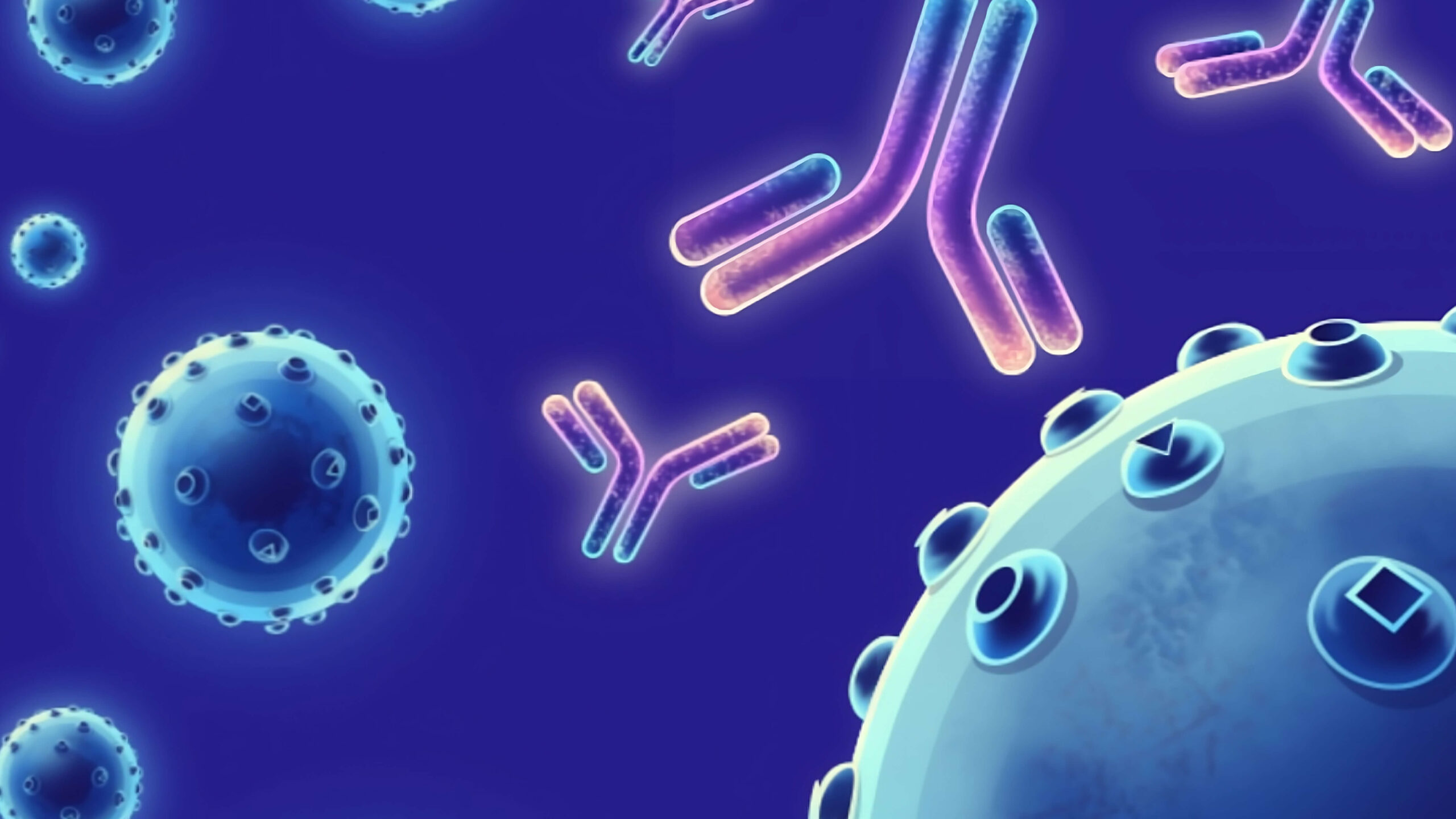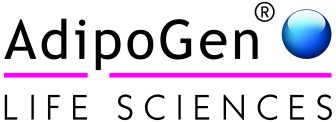Description
anti-IL-1R2 (mouse) monoclonal antibody (recombinant) (Praxy-1-1) is composed of human variable regions (VH and VL) (lambda-chain) of immunoglobulin fused to the mouse IgG2b Fc domain. anti-IL-1R2 (mouse) monoclonal antibody (recombinant) (Praxy-1-1) is an antibody developed by antibody phage display technology using a human naive antibody gene library. These libraries consist of scFv (single chain fragment variable) composed of VH (variable domain of the human immunoglobulin heavy chain) and VL (variable domain of the human immunoglobulin light chain) connected by a polypeptide linker. The antibody fragments are displayed on the surface of filamentous bacteriophage (M13). This scFv was selected by affinity selection on antigen in a process termed panning. Multiple rounds of panning are performed to enrich for antigen-specific scFv-phage. Monoclonal antibodies are subsequently identified by screening after each round of selection. The selected monoclonal scFv is cloned into an appropriate vector containing a Fc portion of interest and then produced in mammalian cells to generate an IgG like scFv-Fc fusion protein. Recognizes mouse IL-1R2. Species cross-reactivity: Mouse. Clone: Praxy-1-1. Isotype: Mouse IgG2blambda. Applications: ELISA, FACS. Host: Purified from HEK 293 cell culture supernatant. Liquid. In PBS containing 10% glycerol and 0.02% sodium azide. The inflammatory actions of IL-1alpha and beta depend on their interaction with its receptor, IL-1R1, and can be negatively controlled by several inhibitors such as IL-1Ra, IL-1R type 2 (IL-1R2), SIGIRR and the soluble form of IL-1 receptor accessory protein (IL-1RAcP). IL-1R2 neutralizes IL-1 either as a surface decoy receptor or in a cleaved and secreted form. IL-1R2 is expressed on B cells, on neutrophils and on in vitro expanded human Tregs.
Target
IL-1R2
Target Alias Names
CD121 Antigen-like Family Member B, IL-1 Type II Receptor, Interleukin-1 Receptor beta Interleukin-1 Receptor Type II, CD121b
Isotype/Mimetic
Mouse IgG2blambda
Animal-Derived Biomaterials Used
None
Sequence Available
Yes
Original Discovery Method
Human-derived phage display
Original Discovery Information Provided On Datasheet
Yes
Antibody/Binder Origins
Animal-free discovery, In vitro recombinant expression

